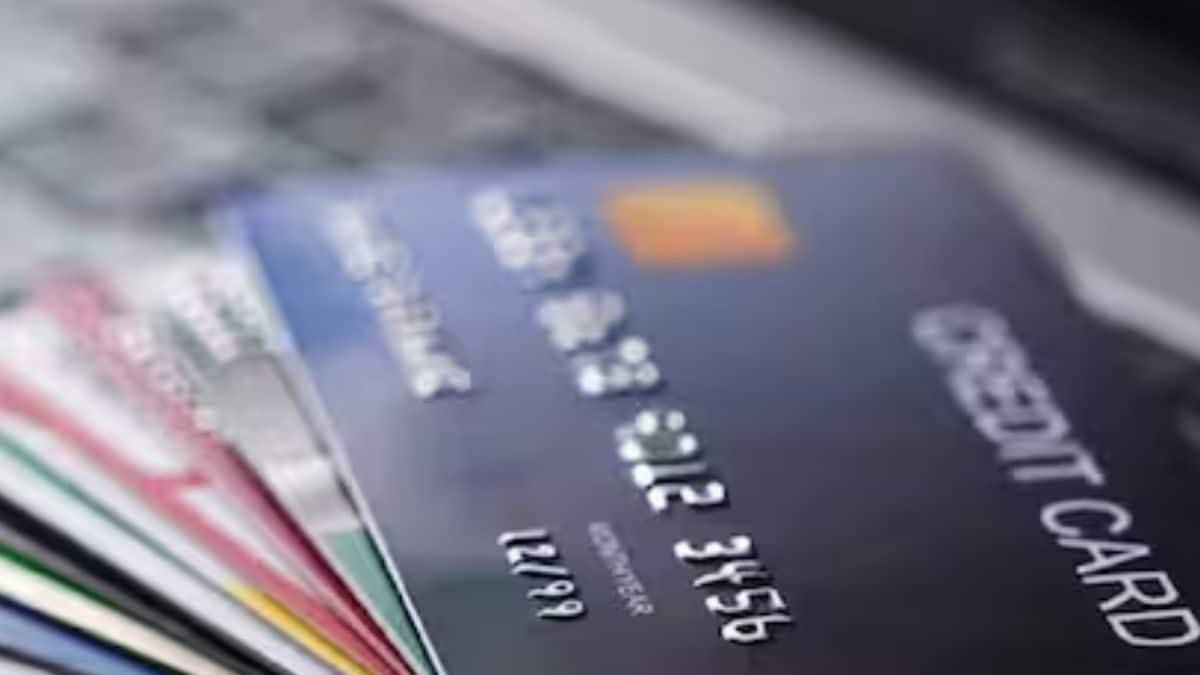September is just around the corner, and with it comes a wave of financial changes impacting credit card users across India. From reward point adjustments to modified payment deadlines, these alterations might necessitate adjustments to your financial strategies. Here’s a breakdown of the key changes to be aware of:
RuPay Credit Cards Gain More Rewards
Beginning September 1st, RuPay credit cardholders will enjoy an upgrade in their rewards point system. The National Payments Corporation of India (NPCI) has implemented a new rule requiring RuPay cards to earn the same reward points as other payment service providers for UPI transactions. This change addresses a previous disadvantage faced by RuPay credit cards, as they historically received fewer reward points.
A Level Playing Field for Rewards
This initiative by NPCI aims to bolster the popularity of RuPay credit cards by making them more attractive to consumers. By aligning reward points with other payment providers, RuPay seeks to encourage more users to embrace its services. The standardized reward structure will likely incentivize greater credit card utilization for everyday transactions, including those conducted via UPI.
HDFC Bank Revises Rewards Point Caps
Effective September 1st, HDFC Bank is implementing new caps on reward points earned through its credit cards. Notably, the bank is introducing a cap of 2,000 reward points per calendar month for transactions involving utilities and telecom services. Furthermore, payments made for schools via third-party apps like CRED, CheQ, and MobiKwik will no longer accrue reward points.
Prioritizing Direct Payments
While the changes to reward point accumulation for utility and telecom services are straightforward, the shift in school payments requires careful consideration. HDFC Bank has opted to eliminate rewards for payments made via third-party platforms in favor of direct payments made through educational institutions’ websites or POS (Point of Sale) devices.
This adjustment aims to encourage cardholders to use the official channels for school payments, potentially contributing to better tracking and transparency in financial transactions.
IDFC First Bank Alters Payment Terms
Starting with the September 2024 statement cycle, IDFC First Bank is making changes to its credit card payment terms. The payment due date is being shortened from 18 days to 15 days following statement generation. Consequently, credit cardholders will have three fewer days to settle their outstanding balances.
Modified Minimum Amount Due (MAD)
Alongside the change in payment due date, the minimum amount due (MAD) is also being adjusted. IDFC First Bank is lowering the MAD from 5% of the outstanding balance to 2%. This reduction may appear beneficial on the surface, allowing cardholders to make smaller initial payments. However, it’s crucial to remember that paying only the minimum amount can lead to higher interest costs in the long run.
Takeaways
- RuPay Credit Cardholders Stand to Benefit: The new reward point system for RuPay credit cards represents a significant improvement, making them more competitive with other payment options.
- Reward Points Are Now Subject to Caps: HDFC Bank’s policy adjustments emphasize the importance of direct payments to official channels and introduce caps on reward points earned for certain categories.
- Payment Deadlines Are Getting Tighter: IDFC First Bank’s reduction in payment due dates and minimum amount due provides some short-term relief but also presents the potential for increased interest charges over the long term.
- Stay Informed and Adapt Your Finances: It’s essential for credit cardholders to be aware of these changes and to review their payment habits to ensure they are staying within their financial limits.
- Seek Professional Advice: For in-depth financial guidance and strategies, consulting with a financial advisor is recommended to navigate the evolving landscape of credit card terms.
These changes underscore the dynamic nature of the credit card industry, requiring cardholders to stay proactive and informed to manage their finances effectively. It is always beneficial to meticulously review statement terms and update your payment strategies accordingly to avoid unexpected charges and maximize your benefits.




